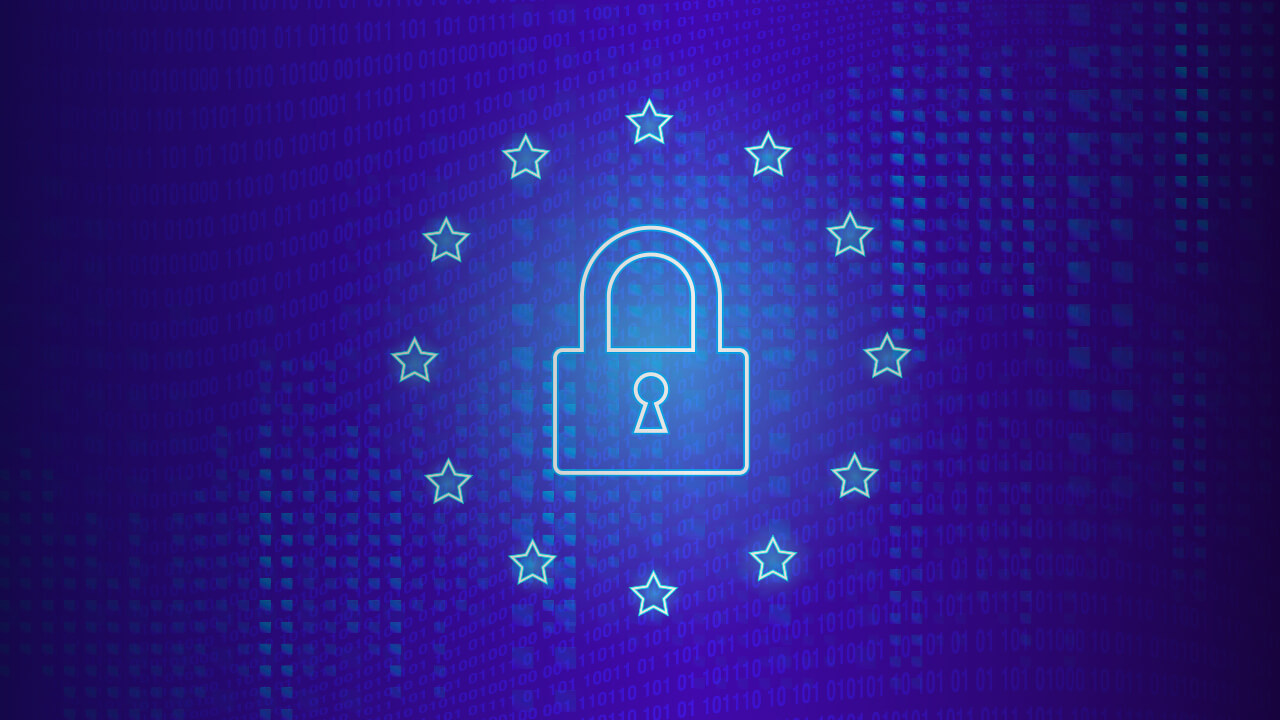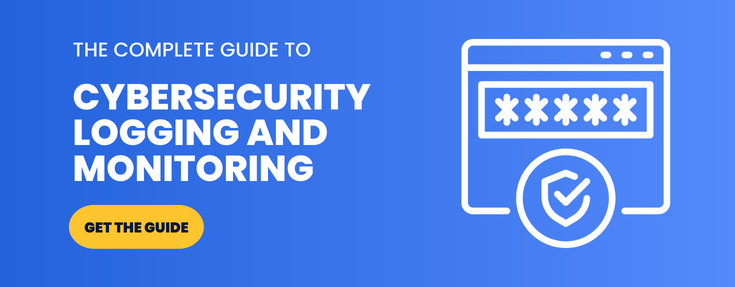Cybersecurity Compliance Assurance

 By
Jason Miller
·
2 minute read
By
Jason Miller
·
2 minute read
Does your cybersecurity solution provide compliance assurance? There are many components to a robust cyber security program for your business. One of the most important things to ensure is that your cyber security program comes with compliance assurance. There are different compliance frameworks and requirements for various industries. Some are required by law and some are suggested by compliance boards. It isn’t always easy to decipher what your company needs to ensure proper security. Hopefully, this article will provide the insight you need to make the right decisions for your company.
Different Compliance Frameworks
There are a number of different framework options you can use to comply with existing laws and established standards. Frameworks handle the following:
- privacy matters
- data handling
- identity management
- reporting
- auditing
- procedures
Compliance for Processing Credit Card Payments
The most common example of a framework in the world of cyber security is the Payment Card Industry Data Security Standard (PCI DSS).
The PCI DSS is a compliance framework that sets out mandatory controls for businesses and organizations that process any type of credit or debit card data. It does not matter whether you have processed one or 100,000 credit cards, you need to adhere to these regulations. This standard is in place to protect payment card information and the identity of cardholders. There are a number of different levels of requirements depending on the nature of your business. Therefore, a service provider, commercial enterprise, financial institution, or bank could expect to have more stringent conditions than another type of business.
HIPPA Compliance
The healthcare industry is required to adhere to the Health Insurance Portability and Accountability Act (HIPAA). This is designed to govern the activities of any individual or organization that is involved in collecting, storing, and processing personal health information (PHI).
Other Possible Compliance Requirements
Other possible compliance considerations include NIST compliance and ISO compliance. A lot of these frameworks and regulations have common features. Nevertheless, the laws that are applicable to your company will depend on the nature of your company and the operations that you engage in.
Some examples of common compliance requirements include:
- Continually monitoring all of your security controls on a frequent basis
- Making sure that you document all of your security policies and procedures
- Conducting regular risk assessments
- Categorizing all information and data properly
- Creating security controls for all of your online and IT systems
When choosing a cyber security program for your business, it is important to ensure that the company is knowledgeable about your company’s industry and compliance needs. They should guarantee that they will adhere to all of the requirements that are in place in these frameworks. Be sure to discuss this with your provider. Don’t just assume they will comply with all of the relevant laws.
Why is compliance assurance so important?
Besides the regulatory and legal obligations of compliance, your own company security will be much better when you are complaint. These regulations and rules are not just to protect client information, but to also protect your company.
Hopefully, you now have a better understanding regarding what cyber security compliance assurance is and why it is so important.
BitLyft aims to provide you with a simple no-nonsense solution to keep your business safe from online threats and ensure compliance. If you’d like to learn more, don’t hesitate to get in touch with us today to speak to one of our friendly representatives.
You can also Request a Free Assessment. We’ll help explain the services we offer and how they can be customized to your exact needs.
